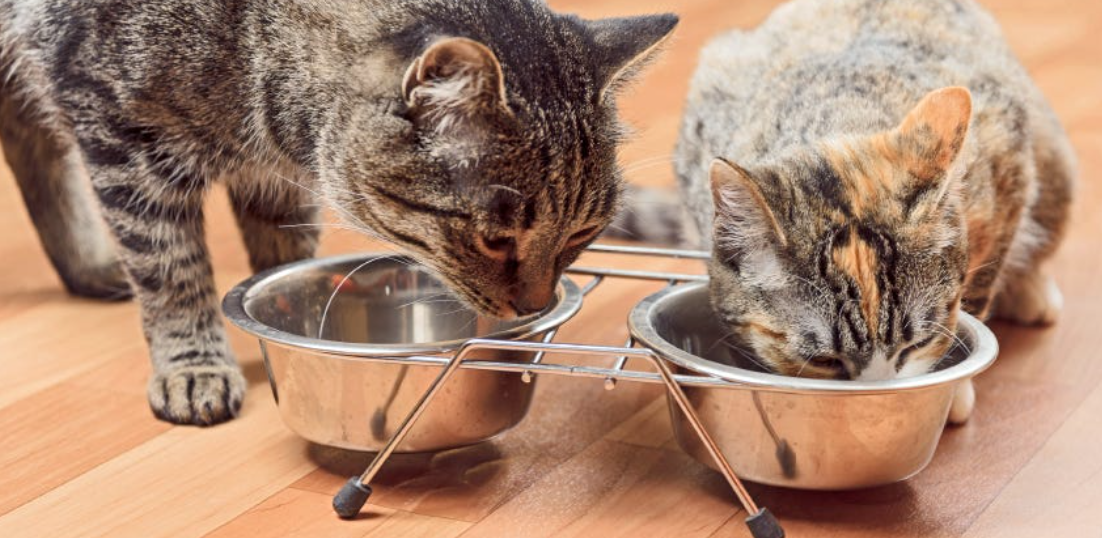Providing your cat with a balanced and nutritious diet is essential for their overall health and longevity. Understanding what your cat needs to thrive can help prevent common health issues and ensure they stay active and happy. This guide covers essential aspects of feline nutrition, including the best food choices, feeding schedules, and dietary tips.
Understanding a Cat’s Nutritional Needs
Cats are obligate carnivores, meaning they require a diet rich in animal protein to survive. Unlike dogs, they cannot efficiently digest plant-based proteins. Their diet should consist of:
- High-Quality Animal Protein – Found in meats like chicken, turkey, beef, and fish.
- Healthy Fats – Essential for skin, coat health, and energy.
- Taurine – A crucial amino acid found in animal-based proteins that supports heart and eye health.
- Vitamins & Minerals – Such as Vitamin A, calcium, and phosphorus, which are vital for overall well-being.
- Water – Proper hydration is crucial, as cats have a low thirst drive and can be prone to kidney issues.
Wet vs. Dry Cat Food: Which is Better?
- Wet Food (Canned Food):
- Higher moisture content (ideal for hydration)
- More palatable for picky eaters
- Helps prevent urinary tract issues
- Dry Food (Kibble):
- Convenient and has a longer shelf life
- Can help with dental health (though not a substitute for brushing)
- Typically more calorie-dense
Many veterinarians recommend a combination of both wet and dry food to balance nutrition and hydration.
Homemade vs. Commercial Cat Food
While commercial cat food is formulated to meet nutritional needs, some pet owners prefer homemade diets. If you opt for homemade cat food, consult with a vet or pet nutritionist to ensure your cat gets all essential nutrients.
Simple Homemade Cat Food Recipe
Ingredients:
- 1 cup cooked chicken (shredded, no seasoning)
- 1/4 cup cooked carrots (mashed)
- 1/4 cup cooked rice
- 1 teaspoon fish oil
Instructions:
- Mix all ingredients together.
- Serve in small portions.
- Store leftovers in the refrigerator for up to three days.
Feeding Schedule & Portion Control
- Kittens (up to 6 months): 3-4 small meals per day
- Adult Cats (1-7 years): 2 meals per day
- Senior Cats (7+ years): Smaller, more frequent meals may be needed
Overfeeding can lead to obesity, so it’s important to monitor portion sizes based on your cat’s weight and activity level.
Foods to Avoid
Some human foods can be toxic to cats. Avoid feeding:
- Onions & Garlic (damage red blood cells)
- Chocolate & Caffeine (toxic to their nervous system)
- Dairy Products (many cats are lactose intolerant)
- Grapes & Raisins (can cause kidney failure)
- Raw Fish & Bones (may contain harmful bacteria or cause choking hazards)
Final Thoughts
A well-balanced diet is key to a cat’s health and happiness. Whether you choose commercial food or homemade meals, ensuring proper nutrition will help your feline companion live a long and healthy life. Have questions about your cat’s diet? Share your thoughts in the comments below!


